The Arthurian legend is a famous piece of British folklore. Whoever could pull the mythical sword Excalibur from the stone would gain the British throne.
Not to be outdone, it seems Britain’s French neighbors have their own mythical sword in the stone. Or rather, they did. It’s mysteriously vanished.
The French Excalibur

The sword in question is the famed Durandal sword. Durandal was the sword of Roland, a legendary knight (or paladin).
In French history and literature, Roland was an officer of Charlemagne. The mythical history of Durandal goes back centuries, with its magical qualities detailed in the 11th-century epic poem “The Song of Roland.”
Charlemagne and the Paladins

Charlemagne, or Charles the Great, was King of France from the year 768 and Holy Roman Emperor from 800.
His paladins, also known as the Twelve Peers, were the foremost warriors of Charlemagne’s court. Roland was among their ranks. Though a historically significant military figure, his exploits have also been embellished by myth and legend.
The Legend of Durandal
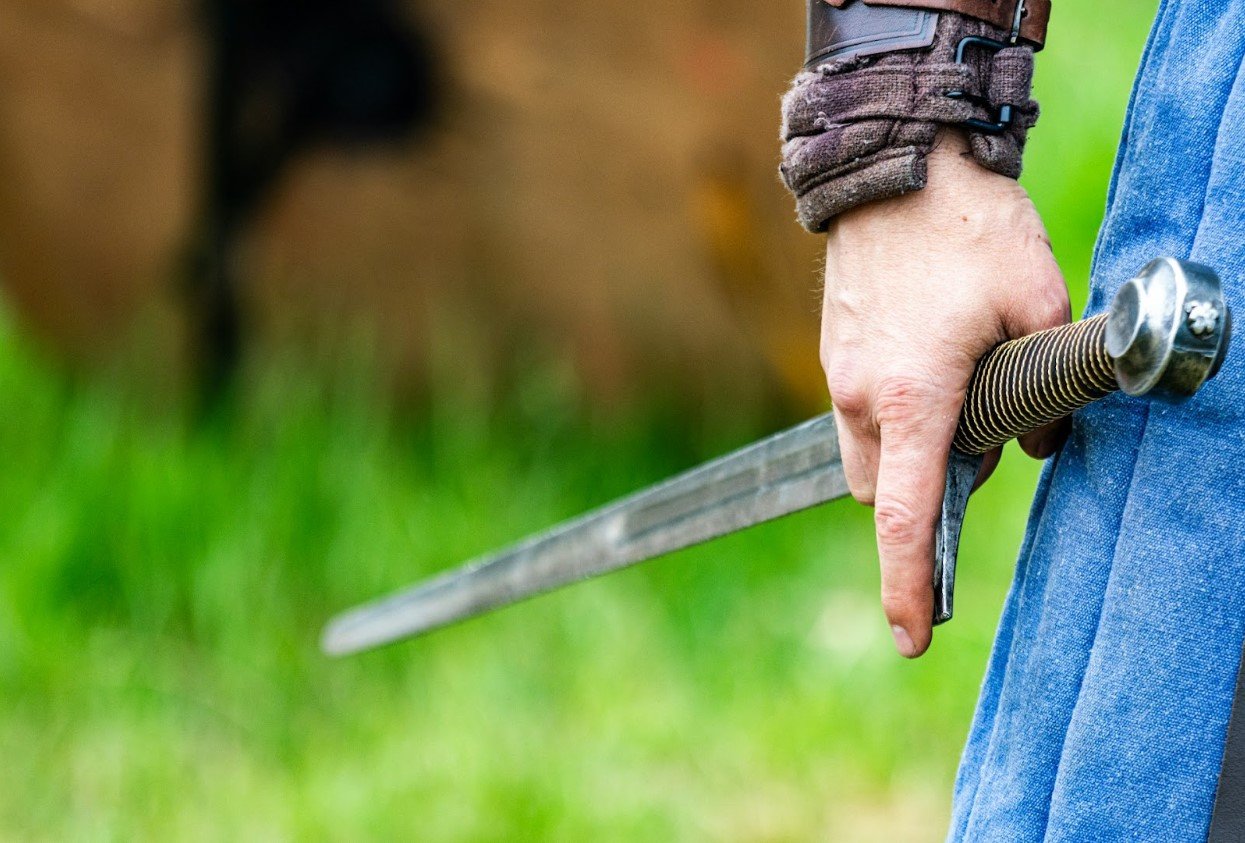
According to medieval myth, Durandal was the sharpest sword in all of existence. The blade was indestructible and capable of cutting through boulders with a single strike.
Legend says that prior to the sword coming into Roland’s possession, an angel gifted Durandal to Charlemagne. The myth also details how the blade came to be embedded in a rock face in the town of Rocamadour.
Roland’s Demise
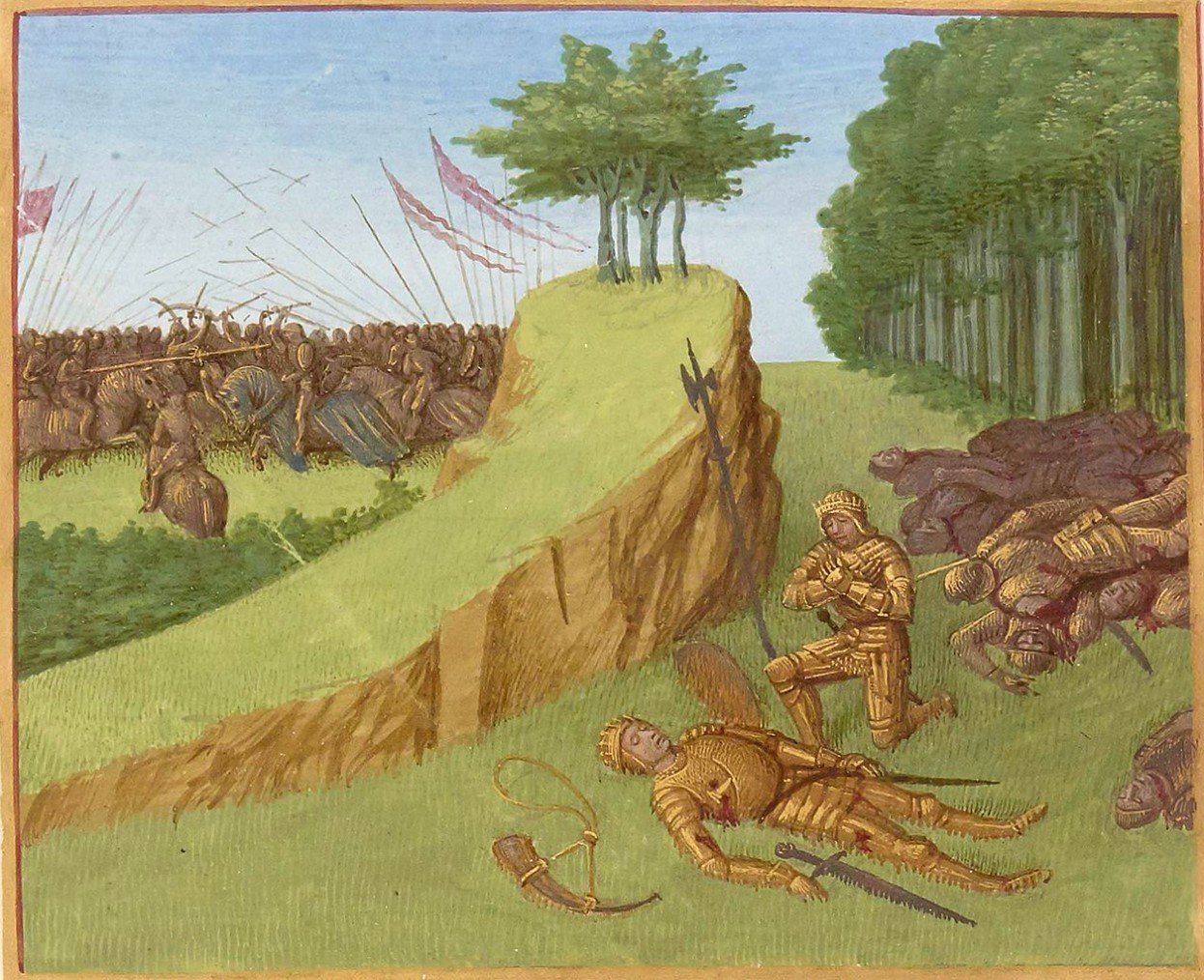
Legend has it that before Roland’s death at the Battle of Roncevaux Pass, he attempted in vain to destroy Durandel to prevent his enemies from claiming it.
Unable to break it, he threw the indestructible blade into the air to save it, whereupon it miraculously traveled hundreds of miles before embedding itself in the rock at Rocamadour.
Rocamadour’s Famous Sword
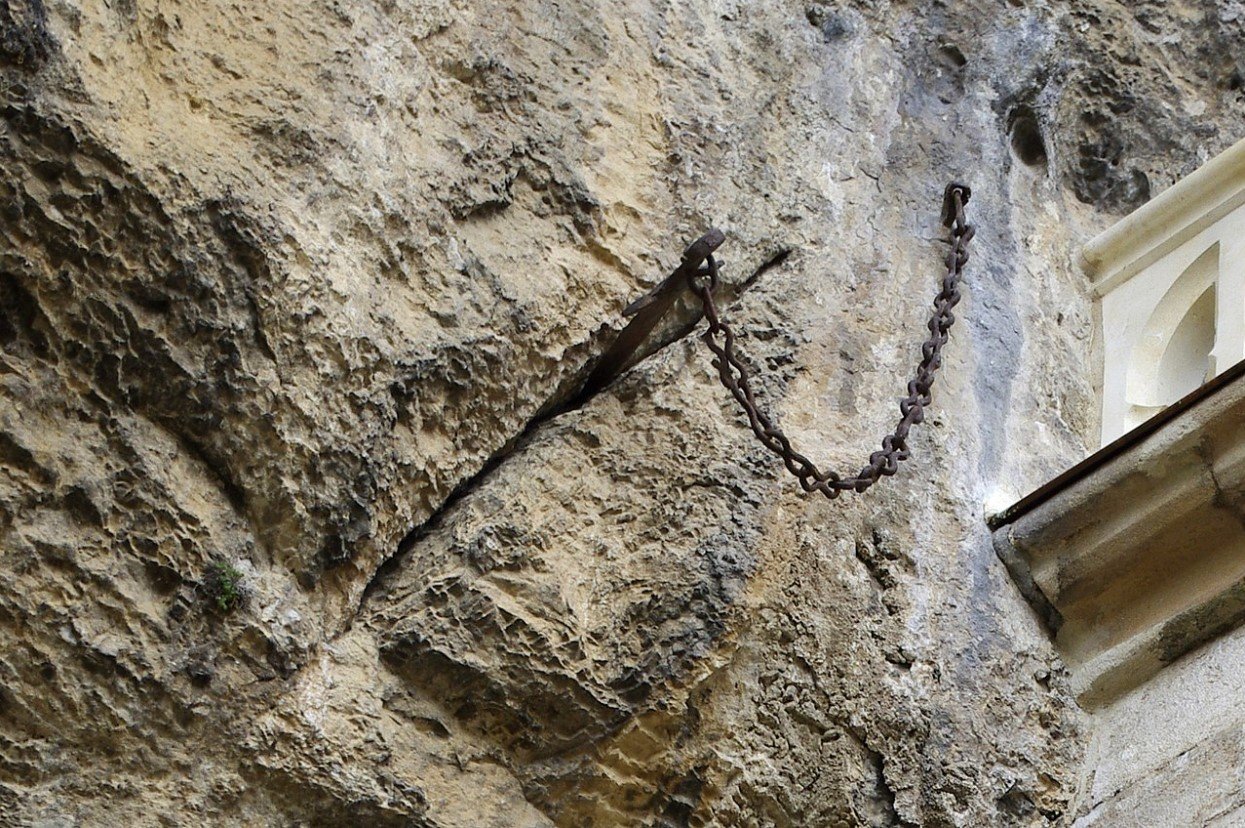
Here it stayed for centuries, protruding from a rockface some 30 feet off the ground. It became a famous tourist attraction for the town in the Lot area of France.
Rocamadour, set in a gorge above a tributary of the River Dordogne, has attracted tourists and visitors for centuries. The sanctuary of the Blessed Virgin Mary in the same area has attracted pilgrims, including monarchs, nobles and bishops dating back to the 12th century.
A Precious Piece of Rocamadour
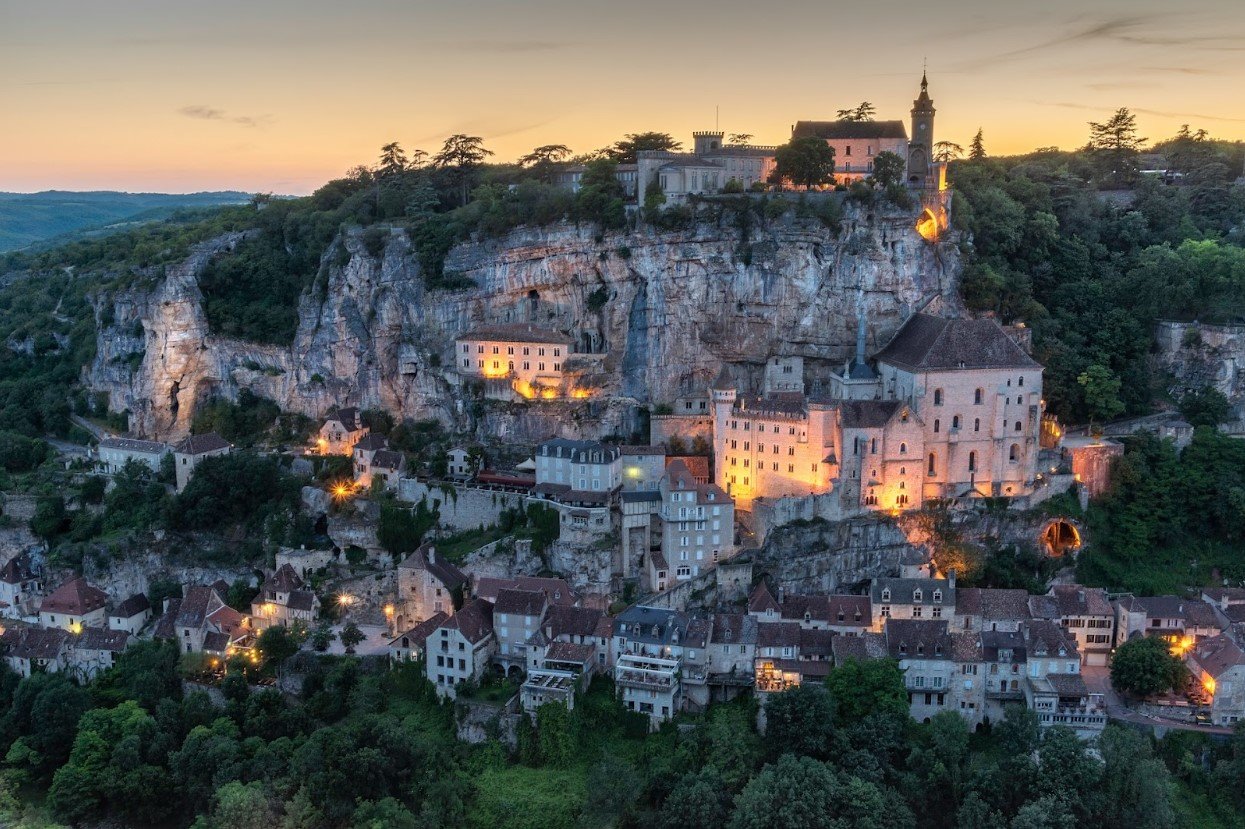
Rocamadour is famed for its eponymous goat’s cheese and is one of the most popular villages to visit in France, but having Durandal perhaps trumps all these accolades.
The sword is so precious to the town that when the Cluny Museum in Paris wished to exhibit it in 2011, the blade was accompanied on its journey by a security guard and a town councilor.
A Devastated Town
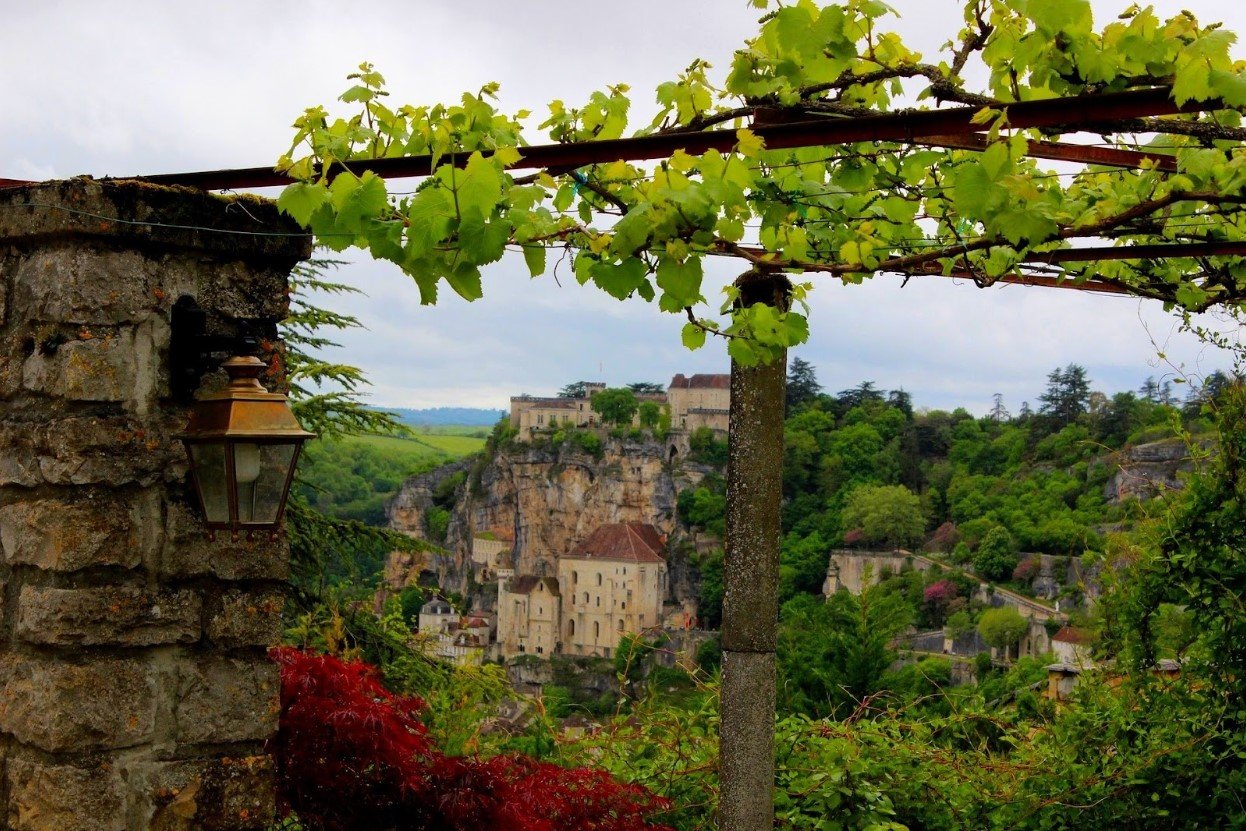
It’s no wonder then that the town was devastated to find that Durandel was missing from its historic berth in a cliff wall where it had sat for centuries.
One of the area’s main tourist attractions has vanished without a trace, presumed stolen. An investigation into what happened to Durandel has been launched.
Durandal Will be Missed
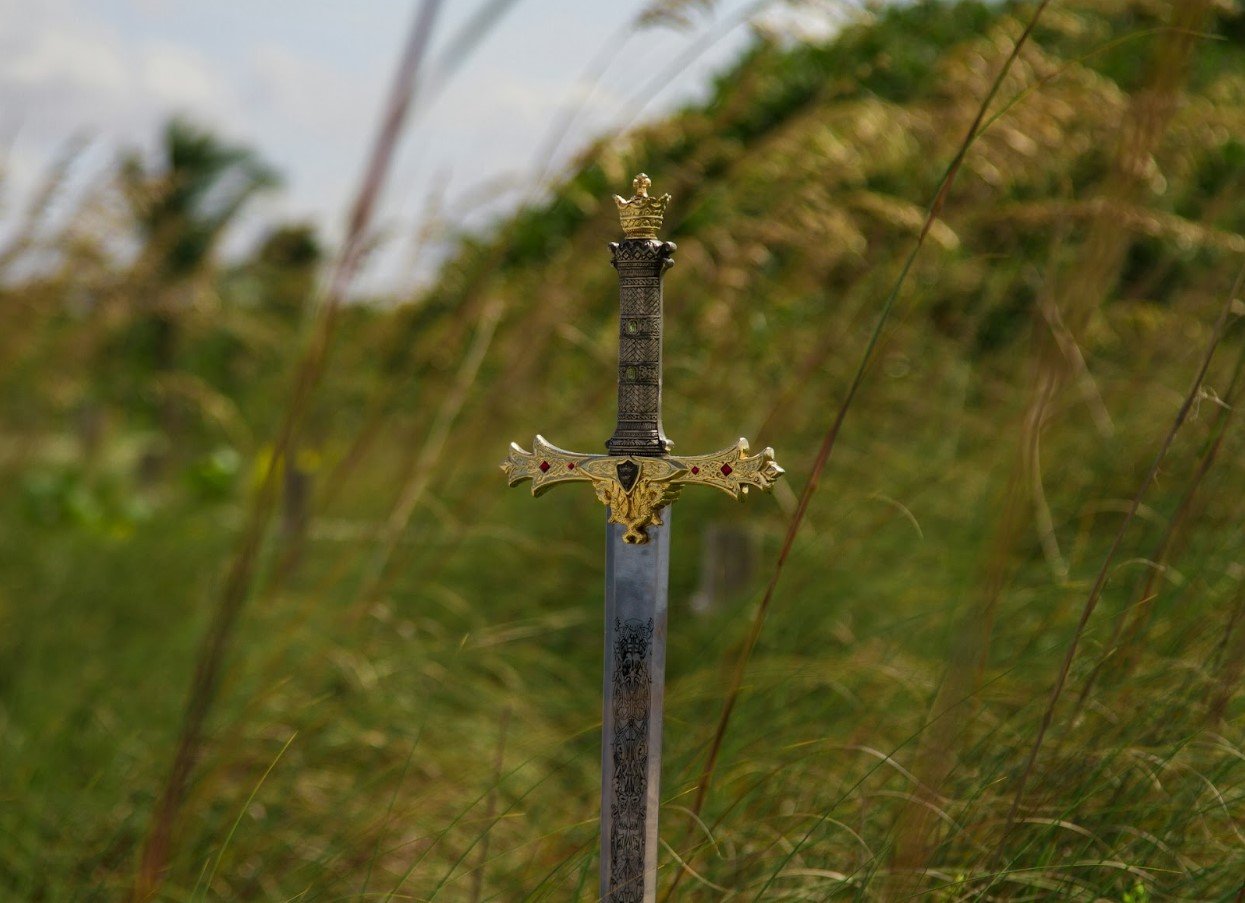
Speaking to French newspaper La Dépêche, Local mayor Dominique Lenfant summed up the sentiments of the town.
”We’re going to miss Durandal. It’s been part of Rocamadour for centuries, and there’s not a guide who doesn’t point it out when he visits,” he said.
Lost a Part of Itself

He goes on to explain the impact this apparent theft has had on the town, beyond simply losing a well-known and beloved tourist attraction.
“Rocamadour feels it’s been robbed of a part of itself, but even if it’s a legend, the destinies of our village and this sword are entwined,” Lenfant says.
What Happened to the Sword?

An investigation is underway, and police are treating the disappearance of the sword as a theft. However, they’re still trying to piece together exactly how it was stolen.
Retrieving Durandal would have been no simple undertaking, especially considering it was wedged 30 feet off the ground up in the rock with no way of accessing it.
A Great Loss
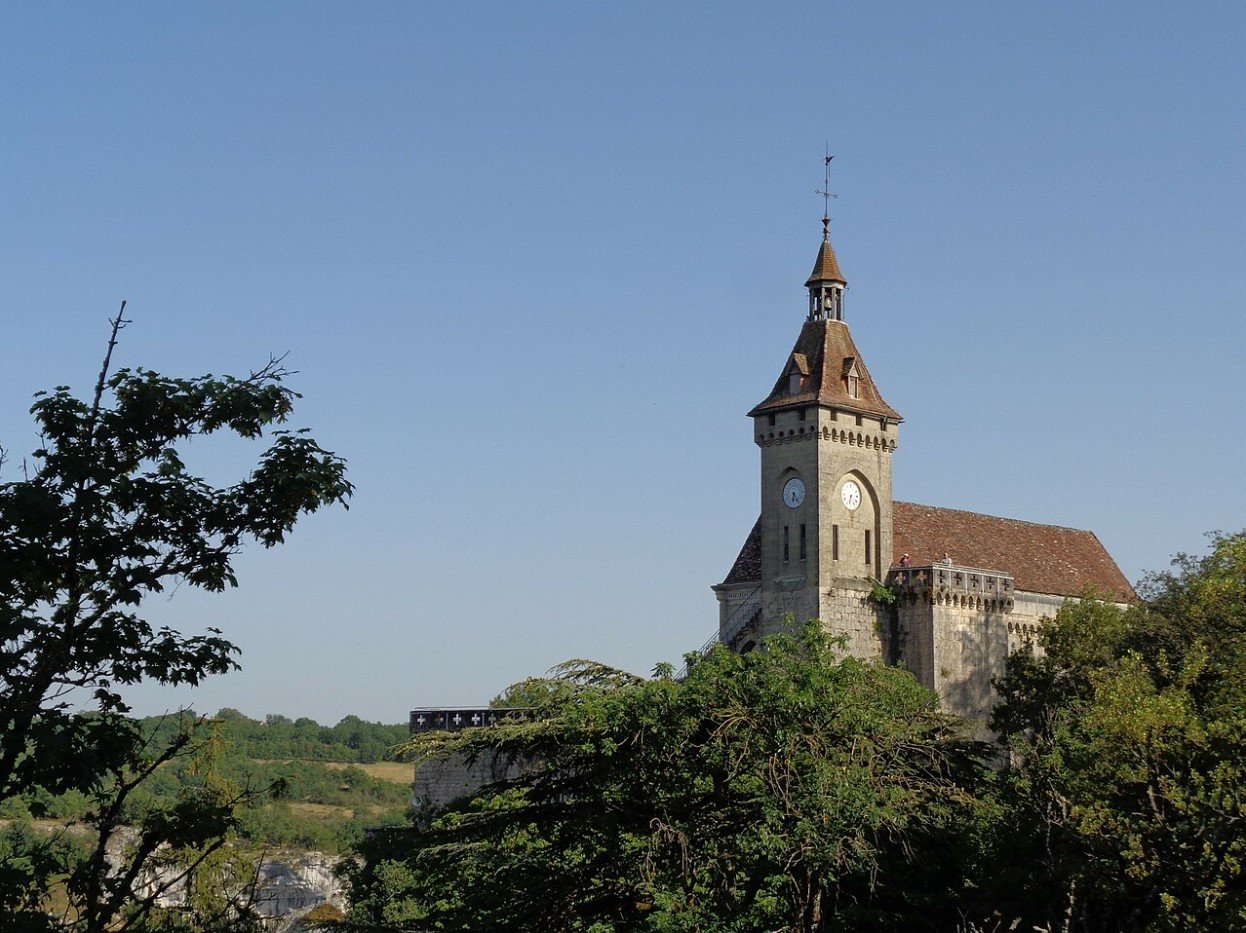
The myths and legends of medieval Europe are fascinating and inform so much of the identity of different areas. This is why any connection to this old folklore is so precious.
Therefore, the loss of Durandel is a tragic one. Even if the myths around the mystic significance of the blade aren’t true, it was still culturally significant and a beloved piece of local history.
